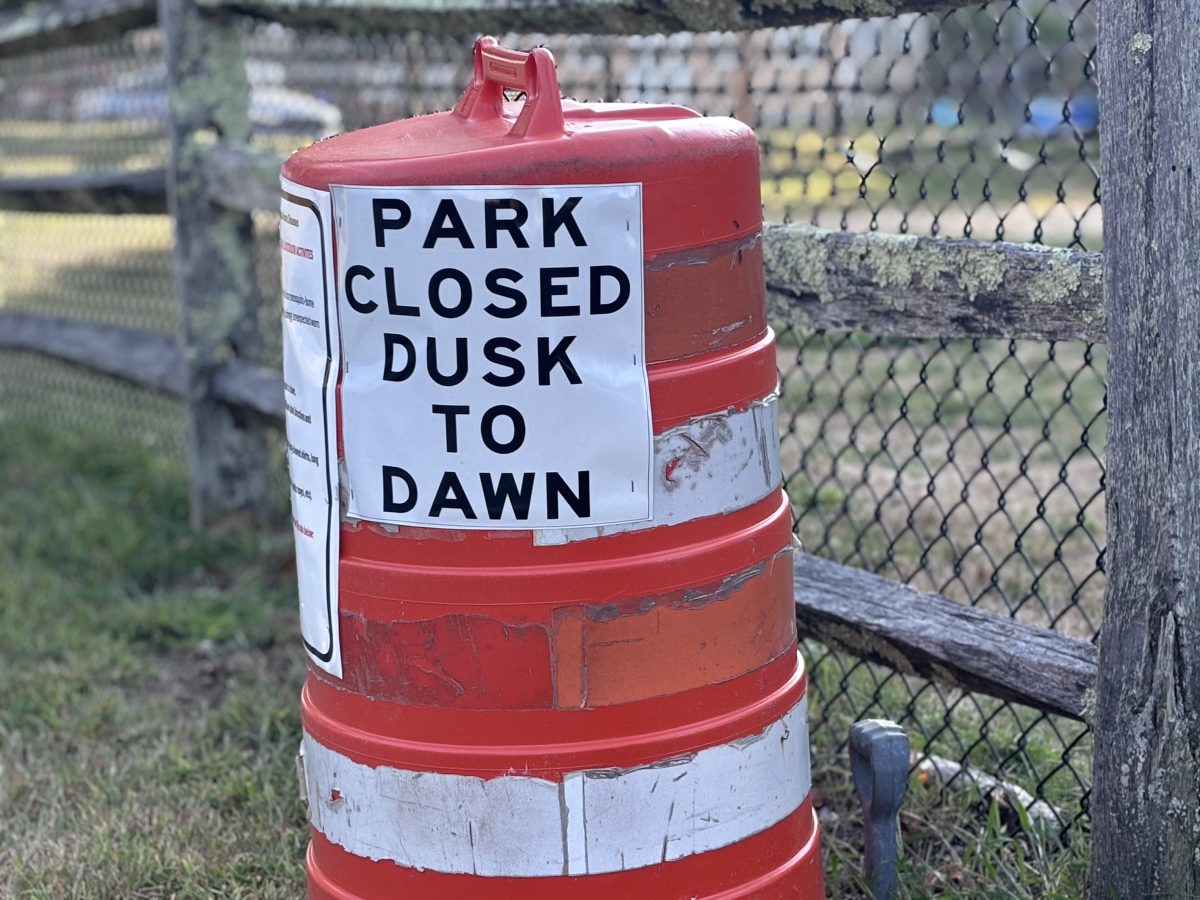Nighttime aerial insecticide spraying for adult mosquitoes in Plymouth has stopped – at least for now – according to the state Department of Agricultural Resources, but ground spraying is ongoing.
Aircraft sprayed most of Plymouth away from the coast on the night of Aug. 27 but have not done so since.
“No aerial spraying occurred after [Aug. 27] and as of now, no additional spraying is planned,” said Phu Mai, a spokesperson for the department, in an email.
The state ordered aerial spraying after it rated Plymouth at high risk for Eastern Equine Encephalitis, a rare but often deadly mosquito-transmitted illness.
In August, two people – a man in his eighties in Worcester County and a woman in her thirties in Plymouth County – were diagnosed with EEE.
And a 41-year-old New Hampshire man, with no underlying health issues, died of the disease last month.
Also in August, a horse in Plymouth was found to be infected with EEE. After that, the town ordered all parks and fields closed from dusk to dawn to minimize the risk of exposure to mosquitoes that carry the disease.
Ground spraying by truck has continued. On Wednesday, 33 streets in Plymouth were sprayed.
Determining when a town is no longer at high risk for EEE is an uncertain science.
“Criteria for re-evaluating late season risk in municipalities that reached high or critical levels of risk from EEE are not clearly defined,” explained Omar Cabrera, a spokesperson for the Massachusetts Department of Public Health, in an email. “Surveillance cannot be used to accurately predict declining risk, toward the end of the mosquito season and prior to the occurrence of a hard frost.”
Cabrera said multiple challenges exist, including the fact that mosquitoes that survive this late into the season might more likely to be infected. At the same time, he said, it gets harder to trap mosquitoes to test them as evenings cool.
“Although mosquitoes are not killed until a hard frost occurs,” Cabrera said, “they are extremely unlikely to be active when temperatures fall below 50 degrees in the evening.”
Parks and fields remain closed from dusk to dawn for the foreseeable future, possibly until the first hard frost, which means some tricky planning for Plymouth schools.
Patricia Fry, principal of Plymouth South High School, said as dusk arrives earlier each day, the effective outdoor curfew for activities will also be moved progressively earlier.
Football games begin Friday, Fry said. The first game for the Plymouth South Panthers is away, at Silver Lake, but home games start times have been moved from 7 p.m. to 4 p.m. That will affect the team, but also the band, the color guard, and the cheer team, Fry said. The hope is that games will end by 6:30 p.m., she said.
Other teams throughout the Plymouth school system are also affected.
For example, the boys varsity soccer coach at Plymouth South works during the day, and usually holds practices later, which means he must adjust his work schedule, Fry said.
She said seniors especially are not happy with the loss of Friday evening games.
“They like night events,” she said.
And working parents will have a tougher time making it to their children’s games, Fry acknowledged.
“But we understand safety is number one, always,” she said.
The insecticide being used to kill mosquitoes by air and land is called Anvil 10 + 10. It’s considered harmful to fish and other pond life, as well as to beneficial insects such as dragonflies, according to the Massachusetts Department of Public Health. Clarke, which makes it, says on its website that “applications will not pose a risk to healthy aquatic habitats. However, direct exposure to this product does present risk to some aquatic organisms.”
Fred Thys can be reached at fred@plymouthindependent.org.

